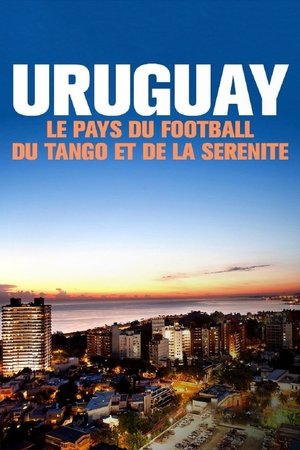
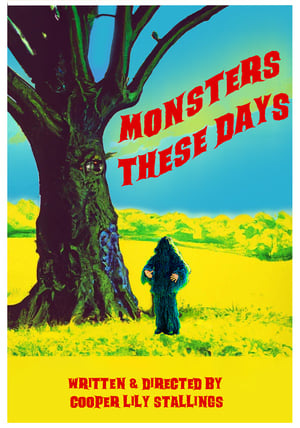
Monsters These Days(2023)
An aspiring actress, Caroline, lands a lead role in a short film directed by Willow, the supposed daughter of a legendary director. Caroline and the crew soon discover the harsh realities of the film industry and the cutthroat world of nepotism, forcing them to confront their own aspirations and desires in this biting satire.
Movie: Monsters These Days
Top 5 Billed Cast
Sid

Monsters These Days
HomePage
Overview
An aspiring actress, Caroline, lands a lead role in a short film directed by Willow, the supposed daughter of a legendary director. Caroline and the crew soon discover the harsh realities of the film industry and the cutthroat world of nepotism, forcing them to confront their own aspirations and desires in this biting satire.
Release Date
2023-09-04
Average
10
Rating:
5.0 startsTagline
Genres
Languages:
Recommendations Movies
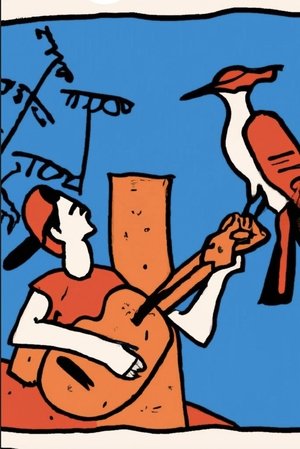 10.0
10.0Eric Schroeder: The Last Hope for Rock n Roll(en)
A documentary following The Eric Schroeder Band on their treacherous, ill-fated 2022 West Coast tour.
 0.0
0.0Biscuit(en)
Despite hitting a dog with their car, Damien and Julie attend a dinner party with the grossly wealthy couple Tim and Cindy, employers of Julie. The night quickly devolves into a test of everyone's manners as each couple confronts the consequences of the hit-and-run.
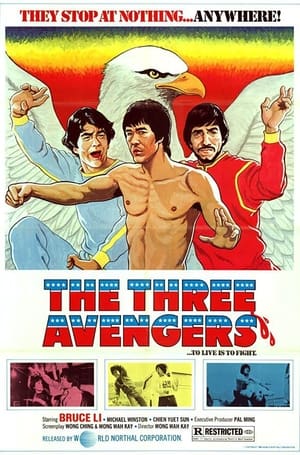 7.9
7.9The Lama Avenger(cn)
When two acrobats are fired for fighting with punks in the audience, they go to live with an aunt who's being pressured to sell her house for a real estate development. The developer's nasty son, Lee Fu, decides to muscle the sale, and soon he's at war with the acrobats, plus their unlikely ally, an American named John who used to be Lee Fu's friend. The acrobats open a kung fu school, the scene of several battles with Lee Fu's thugs. A fight to the death, jail time, auntie's surprise decision, a budding acting career, a possessive girlfriend, a debilitating injury, a friendship that needs recalibrating, and Lee Fu's avenger are all in the mix before the end.
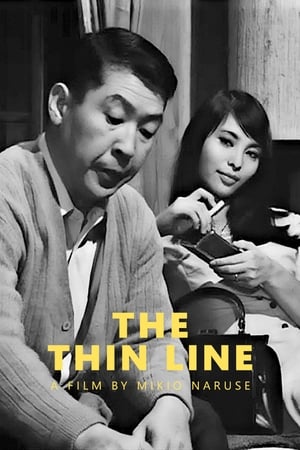 7.3
7.3The Thin Line(ja)
Tashiro coincidentally meets his best friend Sugimoto in a bar very close to the apartment in which Sugimoto’s wayward wife is found dead. Although Tashiro is not a suspect in the police investigation, he is racked with guilt and confesses to his wife, Masako. In an effort to further relieve his tortured sense of guilt, he then confesses to Sugimoto. Neither his wife nor his friend can believe that he could have been involved.
 6.0
6.0Are These Our Children?(en)
A tale of juvenile delinquency, about a high-school student neglecting his studies, partying hard, falling in with the wrong crowd and finally finding himself on trial for murder committed during a robbery.
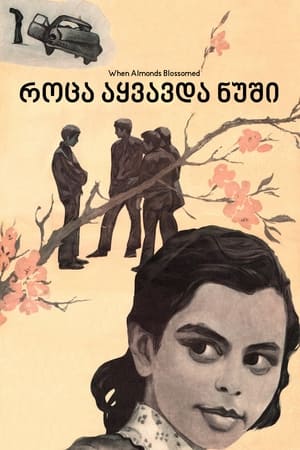 4.4
4.4When Almonds Blossomed(ka)
Zura, a son of a rich businessman, steals a car of his father’s friend to amuse his classmates. When informed about it, the school principal discards him from the bike tournament. Nevertheless, Zura’s father manages to persuade her to allow his son to participate and even succeeds in bribing his championship. Zura’s classmates know that he became a champion undeservedly but can’t do anything about it. Only Khatuna, his alleged girlfriend, and Lexo, Zura’s friend, dare to protest against it. Their lack of loyalty enrages Zura and in the rush of the blood he crashes his father’s car. The accident takes Laxo’s life. Zura’s father does his best to save his son from deserved punishment but the first one against his decision is Zura himself.
 6.5
6.5Bach - A Christmas Miracle(de)
Leipzig, December 1734: Christmas brings the Bach family together. The first snow has fallen and the children Gottfried and Elisabeth are delighted about the arrival of their older brothers Friedemann and Emanuel. The Thomaskantor has retired to his music room. Anna Magdalena supports her husband, as there are only a few days left and his latest work, the six-part "Christmas Oratorio", must be finished on time. It is awaited with suspicion by the city council and the gentlemen of the consistory, who have long found Bach's waywardness a thorn in their side and fear that, after the premiere of the St. Matthew Passion a few years earlier, the St. Thomas Church will once again be filled with "operatic" music. With the oratorio, Johann Sebastian Bach hopes that he will finally become court composer in Dresden. And, as always, he demands that all members of the family join forces to help him. But differences of opinion are increasingly delaying the completion of Bach's most famous work.
Love at First Sight(cs)
Cupid fires an arrow at a woman only to find that's she's cold as ice. He tries everything he can to woo her, but when he eventually realises it's a lost cause he reaches into his head for a cassette recorder. He rewinds to the moment just before he shot his arrow at her and then...
 5.0
5.0There Is Land!(pt)
"Há terra! is an encounter, a hunt, a diachronic tale of looking and becoming. As in a game, as in a chase, the film errs between character and land, land and character, predator and prey."
 7.0
7.0Harder Than the Rock: The Cimarons Story(en)
Reggae exploded in the 1970s and Cimarons, the UK's first reggae band, formed in 1967, were at its heart. Thousands of miles from Jamaica, they brought excitement, experimentation and sheer anticipation to a new generation of Black British youth, putting them in touch with their roots. Harder Than The Rock celebrates Cimaron's storied history and explores the band's overlooked impact and influence as they persevere against all odds and dream of playing to live audiences again, one last time...
 8.0
8.0Where We Belong(en)
For Alyssia and Ilaria, every farewell is also a reunion. Just a while ago they were at the Italian Mediterranean coast, now here they are standing at a parking lot in front of an Esso gas station, waiting for their father’s car to appear around the corner. Affectionately, they bid their mother good-bye for now. The two sisters’ parents are separated. Just like Carleton, Sherazade and Thomas, the two girls have found their own way of dealing with the situation.
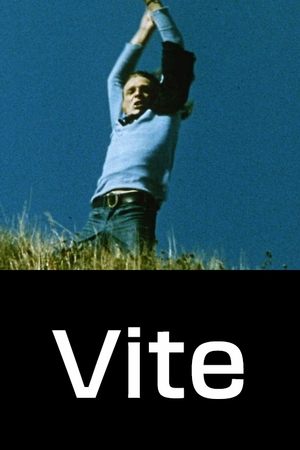 4.0
4.0Vite(fr)
In 1969, the painter-sculptor Daniel Pommereulle made his third film, this one financed by Sylvina Boissonnas. Although only a short, Vite was one of the most costly of all the Zanzibar productions. It features, for instance, shots of the moon taken by a state-of-the-art telescope, the Questar, that Pommereulle first saw while visiting Marlon Brando in southern California in 1968. In Rohmer’s La Collectionneuse, Pommereulle and his friend Adrien philosophize on how best to achieve le vide (emptiness) during their summer holidays. Three years later, Pommereulle would transform the word “vide” to “vite” (quickly), signifying his profound disenchantment with the aftermath of the revolution of May ’68. —Harvard Film Archive
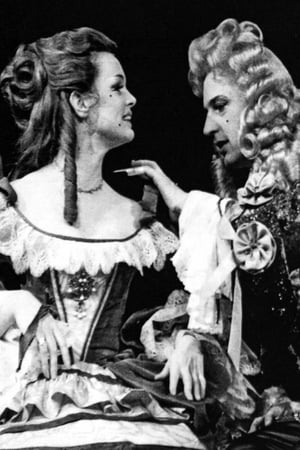 6.0
6.0The Misanthrope(da)
Bergman took one of his favourite plays to Copenhagen for a guest performance, which was even broadcast on Danish TV. In his Copenhagen The Misanthrope, Bergman maintained a dual approach. On the one hand, a production of Molière's play as a theatrical game performed in style and intellectually conceived; on the other hand, an exposure, through physical and psychological intensity, of the emotional tragedy in which Alceste and Celemine are both victims. Expectations were high prior to Bergman's production of The Misanthrope. A reviewer wrote, 'For the first time Molière's connection to the Danish stage is intercepted by a director whose forte is physiological tragedy, Strindberg over Holberg'. Many reviews had expected Bergman to put his very personal stamp on the production. Instead they experienced 'a clean Molière' and were struck by Bergman's faithfulness to the original mise-en-scene and to the classical rhythm of Molière's text.
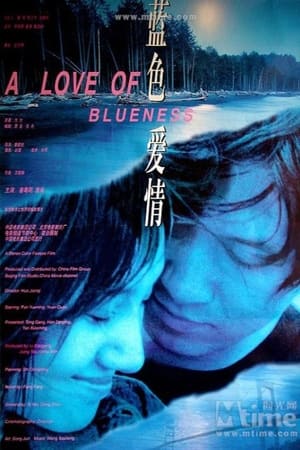 7.0
7.0A Love of Blueness(zh)
Rookie policeman Tai Lin yearned to be an artist before he failed an examination and followed in his father's footsteps. One day he interrupts an apparent suicide attempt by a woman standing on the edge of a bridge.
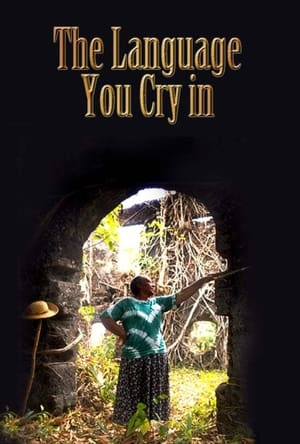 6.0
6.0The Language You Cry In(en)
THE LANGUAGE YOU CRY IN tells an amazing scholarly detective story that searches for -and finds- meaningful links between African Americans and their ancestral past. It bridges hundreds of years and thousands of miles from the Gullah people of present-day Georgia back to 18th century Sierra Leone.




